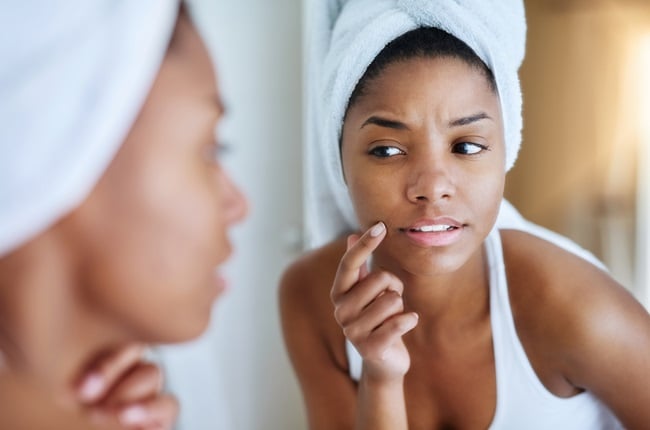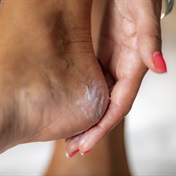
Acne vulgaris is a common skin condition affecting around 9.4 percent of the global population.
Ayanda Majola, founder of Yanda Cosmetics, says acne is primarily caused by overproduction of sebum in the skin, along with dead skin cells and bacteria-clogged pores.
This common skin condition can have variety of triggers, including hormones imbalance and medication side effects among other factors. Dr Robin Schaffran, chief dermatologist and co-founder of BalmLabs, says many home remedies aren’t particularly helpful, especially for extensive or deep acne.
“Some home remedies such as apple cider vinegar, toothpaste and lemon juice can actually damage the skin barrier, leading to further irritation and rashes,” she explains.
However, Ayanda says acne can be managed through the use of various products and keeping a well-balanced skincare.
“Acne can be managed with topical products containing retinoids, salicylic acid, benzoyl peroxide and alpha hydroxy acids. More severe cases may require prescription medications, antibiotics and oral contraceptives (in females)."
READ MORE | The average South African woman spends R5400 on cosmetics per year - survey
“Maintaining a consistent skincare routine and regular exfoliation using alpha and beta hydroxy acids is essential to avoid pore blockage. In acne prone skin, the skin’s protective barrier is usually impaired, incorporating hydrating ingredients and a moisturizer with ceramides is the best way to keep the barrier happy & healthy. Most importantly, fostering self-care and cultivating a positive relationship with your skin can have a profound impact on overall wellness- healthy mind [and] healthy skin,” Ayanda says.
Though it typically starts in puberty and is common among adolescents and teens, acne affects adults as well. According to Healthline, adult acne appears to affect women more often: In a 2018 study involving 454 adults with acne, 85 percent of the adults were female.
According to Verywell Health, a growing body of research shows that acne can also start during or continues into adulthood. This seems particularly true for adult women.
Some studies have found that acne affects 15 percent or more of women aged 25–45. These statistics align with older evidence estimating that acne affects women (9.81 percent) slightly more than men (8.96 percent).
Ayanda says, “Skin cell turnover rate slows with age, so adults are slower to heal from breakouts than teenagers. Adult acne is commonly linked to hormonal fluctuations and chronic stress which explains why it’s more predominant in women than men. Treating adult acne typically involves similar approaches as with teenage acne along with more abrasive procedures like chemical peels, laser therapy, and photodynamic therapy.”











